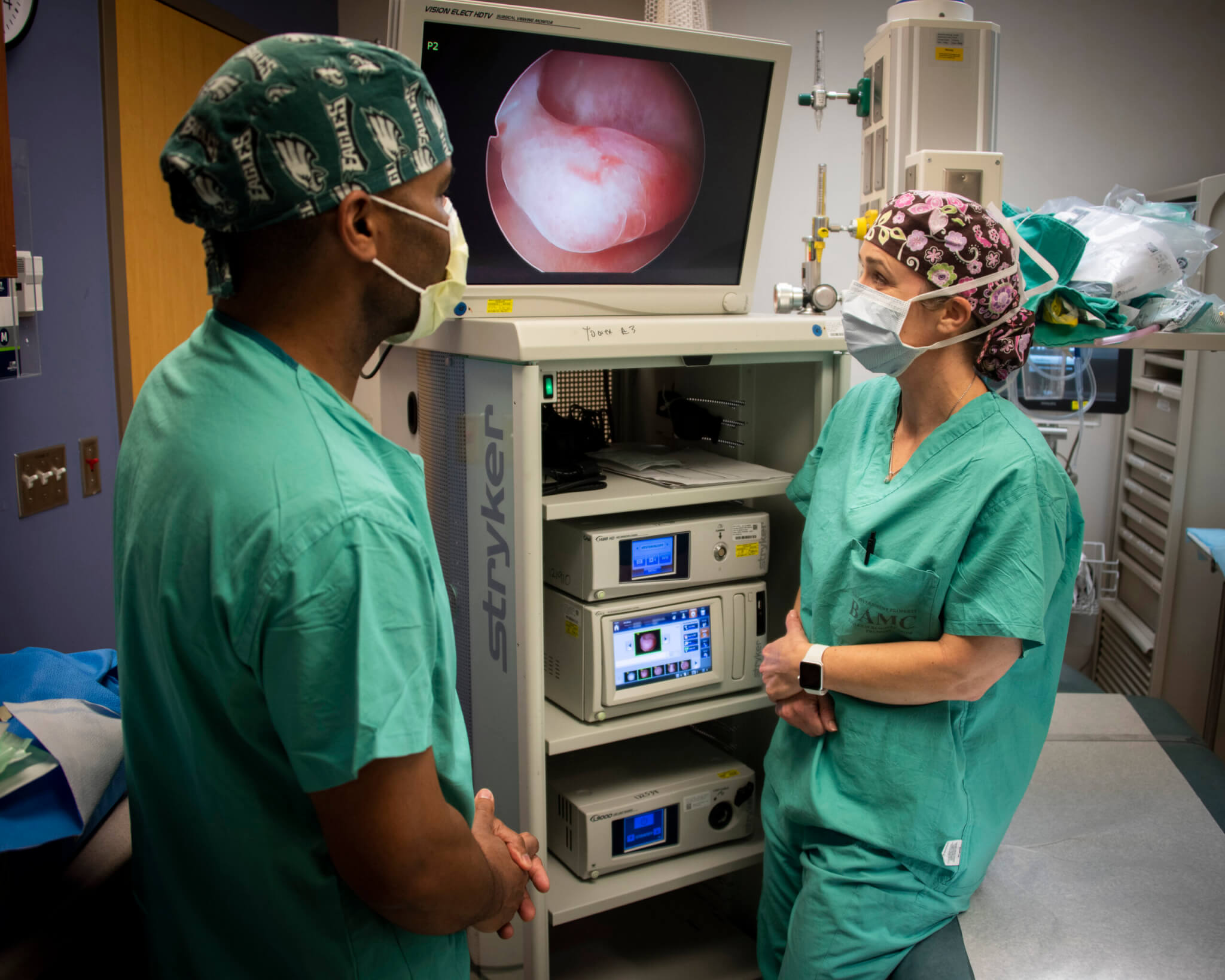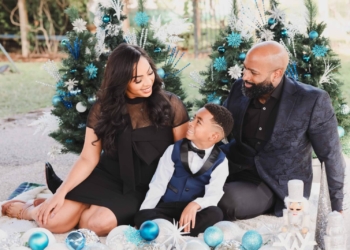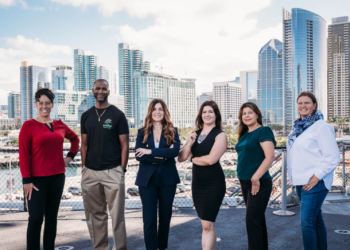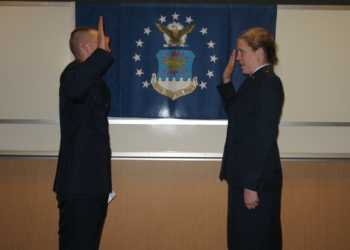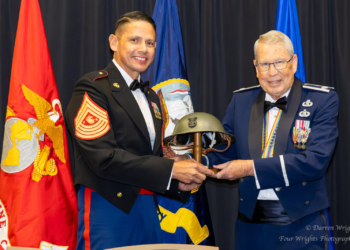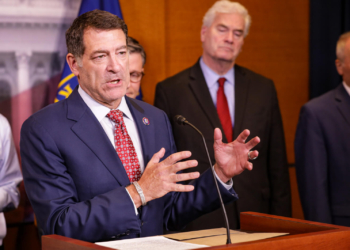Some veterans and same-sex couples are now eligible to receive in vitro fertilization (IVF) services through the Department of Veterans Affairs. But one military advocacy organization doesn’t believe that the focus on service-related injuries is enough.
“This is something that my predecessor had advocated for and had worked on moving this forward policywise,” Rachel Branaman, Modern Military Association of America (MMAA) executive director, said. “It’s definitely a win. The organization as a whole is excited. However, we know there is a lot more to go. We would really like this to be extended beyond service-related injuries because that is a very small group of people compared to who could actually benefit.”
More than 17,000 veterans who are enrolled in Veterans Health Administration care had “at least one VFA infertility diagnosis” in fiscal years 2018, 2019 and 2020, according to a February 2023 study in the “Journal of General Internal Medicine.” Of those, 8,766 were male and 8,450 female. The same study found that “incident diagnoses of infertility” were found in more than 7,000 male veterans and roughly 5,500 female veterans.
Previously, VA only provided IVF services to legally married veterans who were in relationships in which the partners could produce their own eggs and sperm. The changes now allow veterans, regardless of marital status, to use donor eggs, sperm and embryos, according to VA. But their diagnosis must be service-connected.
“This expansion of care has long been a priority for us, and we are working urgently to make sure that eligible unmarried veterans, veterans in same-sex marriages, and veterans who need donors will have access to IVF in every part of the country as soon as possible,” VA Secretary Denis McDonough said in a March news release.
Julie Eshelman, an Army Reserve spouse and advocate, has been through IVF herself and said VA’s change was long overdue.
“It’s going to really open the doors for [military families] to fulfill their dream of building a family of their own,” Eshelman said. “If they were limited by these restrictions in the past, whether it was the marriage requirements or the genetic materials requirement, it was going to be more access.”
Service-related caveat
Branaman said it’s “really hard” to determine what might be considered a service-related disability when it comes to infertility.
“Maybe there are two men who possibly have a service-related disability but because they don’t have the option to do surrogacy — that’s not a paid option — then even if they have that service-related disability, they don’t have this option available to them. In vitro is not an option to them,” Branaman said.
VA doesn’t cover surrogacy for veterans due to current law.
In the scenario where a veteran doesn’t have a service-related disability but their partner is experiencing fertility issues support services wouldn’t be available through VA.
“If it is related to the person who is the veteran but they can’t directly link it to service then obviously that removes them from the opportunity,” Branaman said. “So just being able to provide IVF across the board … If you don’t have the capacity to produce eggs on your own and gestate, then you can’t access this.”
Still, infertility is a disease that “affects one in six people worldwide,” according to the World Health Organization.
“Sometimes when we get older, those kinds of things take a little more time [and] don’t come as easy,” she said.
But what it comes down to, according to Eshelman, is that more people have access to this type of care at VA.
“I think limiting these services only hurts our community,” Eshelman said. “So by expanding it, it’s a win. I think there’s still a long way to go. It’s a win and we’ll take it.”
Why now?
The policy change, according to MMAA, follows two lawsuits filed in 2023 against VA because of its IVF eligibility policies.
“One sued on behalf of a proposed class of veterans – those within a same-sex marriage or if the sperm is donated from someone other than a male spouse – excluded from IVF care,” MMAA stated. “The second is based on IVF eligibility policies which prevented single or unmarried heterosexual veterans from accessing the benefit.”


